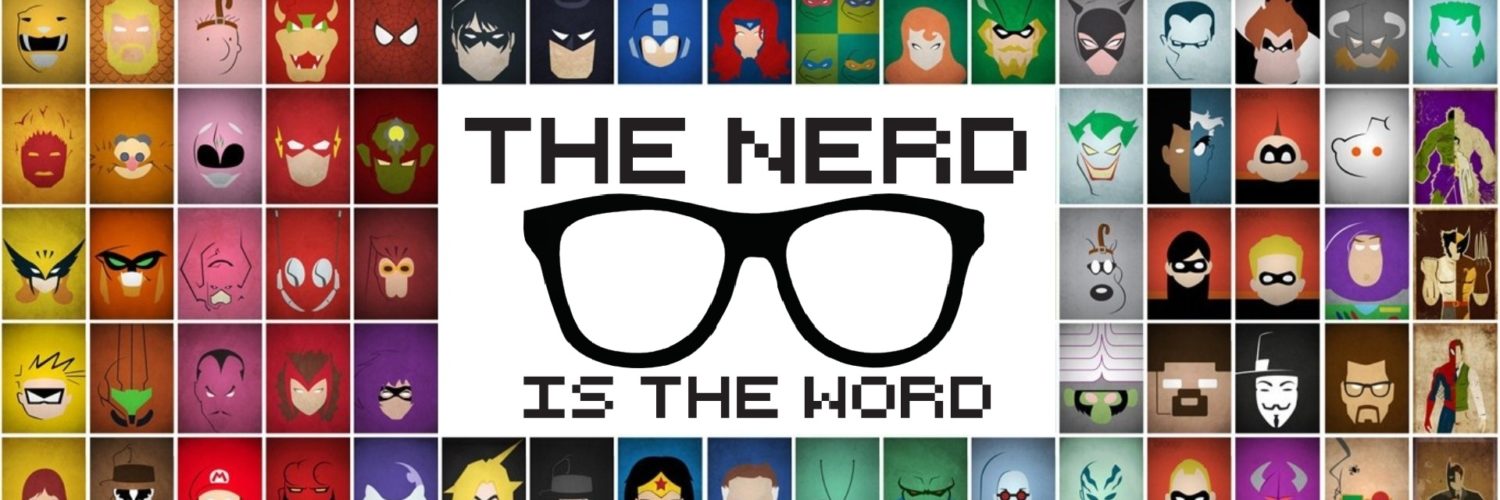
Halfway across the room, one of the sculptures had not disappeared with the others. Sitting all alone in its globe of light, it slowly writhed on its pedestal like a wave in some bizarre alien ocean.
“Yes,” Thrawn said from behind [Palleon], “that one is indeed real.”
“It’s…very interesting,” Palleon managed. The sculpture was strangely hypnotic.
“Isn’t it?” Thrawn agreed, his voice sounding almost wistful. “It was my one failure, out on the Fringes. The one time when understanding a race’s art gave me no insight into its psyche. Now, I believe I’m finally beginning to understand them.”
“I’m sure that will prove useful in the future,” Palleon offered diplomatically.
“I doubt it,” Thrawn said, in that same wistful voice. “I wound up destroying their world.”
-Excerpt from The Heir to the Empire by Timothy Zahn. Published by Lucasfilm, 1991.
The above quote is my favorite (so far) from Thrawn trilogy books. I haven’t yet finished the first installment of the series, but I have read enough to see why fans are excited to see Thrawn emerge in canon in Star Wars: Rebels. Thrawn is the calculating counterpart to Vader. While the dark lord’s leadership style was one of coercion, Thrawn appears to take a more balanced approach. In Heir to the Empire, Timothy Zahn goes to great length to distinguish Thrawn from Vader. Zahn establishes the character as some sort of military mastermind–dominating his enemies through genius (although unconventional) tactics. Thrawn is a man who has as much military sensibility as he does ruthlessness. A fight with him is an uphill battle. For this reason, he is a very compelling villain.
Thrawn’s power comes from his ability to empathize with his enemy. He puts himself into their shoes in order to understand them and defeat them. With this comes a great degree of irony. “Empathy,” as it is popularly known, is often equated to morality. It connotes meanings of understanding and unity. Empathy is often hailed as the silver bullet to ending conflict. It is the finder of understanding and the dissolver of prejudice. Thrawn takes the sentimental connotations behind the word and flips it on his head.
Through his actions in Heir to the Empire, Thrawn shows us that empathy is simply a means to an end. The sentimentalist view of empathy holds that “peace” and “understanding” are the ends to which we should aspire. By abandoning prejudice, we remove the barriers that keep us divided. In contrast, Thrawn takes the functions of empathy and weaponizes them. Yes, he wishes to understand his enemy. Yes, he wishes to remove the barriers between his and their points of view. But he does this to manipulate and defeat those with whom he empathizes. Through an in depth understanding of their nature, Thrawn calculates their ultimate demise. Thrawn is not conflicted. He is not an anti-hero. He is not being pulled to the light like Vader or Kylo Ren. Thrawn is cold, manipulative, and conscious of his actions. And that makes him scary. Very scary indeed.



Leave a Reply